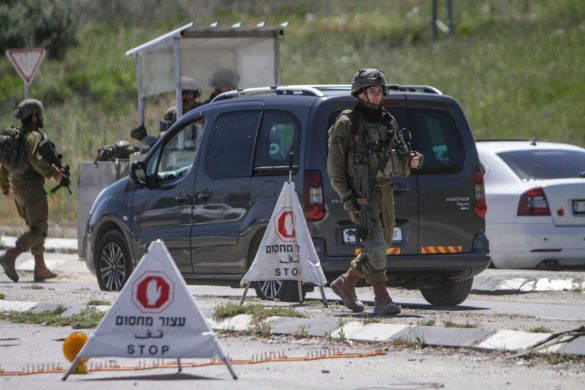De ser gode muligheder for bruge lokale private organisationer og den private sektor til at sørge for medicin og fødevarehjælp til de mange trængende i det hjemsøgte land, hvor oprøret fortsat ulmer mod det undertrykkende styre.
CAIRO, 5 March 2012 (IRIN): Aid agencies should use Syrian civil society and the private sector to deliver medical and food aid to communities in need inside Syria, humanitarian agencies from the Arab and Muslim world said at an operational/technical meeting in Cairo on 4 March.
“The ability of humanitarian actors to get entry visas to Syria and operate there is constrained,” Ramus Egendal, a senior regional emergency coordinator at the World Food Programme, said.
The Syrian Arab Red Crescent Society and the International Committee of the Red Cross are the only aid agencies with access to the volatile (voldsprægede) parts of Syria at the moment. But they have limited capacity and even their access has been inconsistent.
“This is why we need stronger and more effective humanitarian access through local organizations,” Egendal said.
Access (adgang til at hjælpe) was among the main points of discussion at the meeting, hosted by the Arab League, the Organisation of Islamic Cooperation (OIC) and The Humanitarian Forum, which called for better coordination in the delivery of aid both inside Syria and to refugees in neighbouring countries, especially in the area of access to health care.
“Health conditions inside Syria are very bad. Syrians are in bad need of help,” said Ahmed Al Ganayny, who represented the World Health Organization (WHO) in the meeting.
Want to help – but how?
Aid workers lack clarity on the exact humanitarian conditions inside Syria as most aid agencies have not had the chance to conduct a full assessment of the situation.
But hospitals are reported to have run out of essential supplies; broken down medical equipment cannot be replaced; and medical workers are fleeing the violence, having been targeted on many occasions.
“Some medical workers, including Syrian Red Crescent personnel, have even been killed although they carried the badge of their organization,” Amer Awof, the head of Syrian Relief, a Vienna-based humanitarian agency, told IRIN, adding:
“Fearing for their safety, most of these medical actors have left their fields of work, leaving thousands of Syrians who are in bad need of medical assistance high and dry.”
UN agencies, NGOs and host organizations agreed at the meeting to prioritize the treatment of injured victims of the fighting in Syria, as well as delivery of medicine to patients of chronic diseases.
WHO said it will collaborate with other agencies in securing supplies needed in hospitals, including fuel, generators and medical equipment.
Syrian Relief says around 35.000 Syrians have been injured, but have limited access to medical assistance. The organization says basic medicines, including anaesthetics, are about to run out.
“This means that there will be no surgeries in volatile areas inside Syria in a short time from now,” Awof said. “Kidney (nyre) failure patients have no chance of undergoing kidney dialysis. Other patients with equally dangerous health conditions cannot find treatment either.”
Participants of the meeting agreed to form a network of agencies working in the health sector to share information about the exact needs of Syrians both inside and outside Syria.
“This must actually be done in complete transparency. The data in this regard must also be valid,” Al Ganayny said.
Lessons
Læs videre på
http://www.irinnews.org/Report/95011/SYRIA-Towards-better-coordination-of-aid-response














